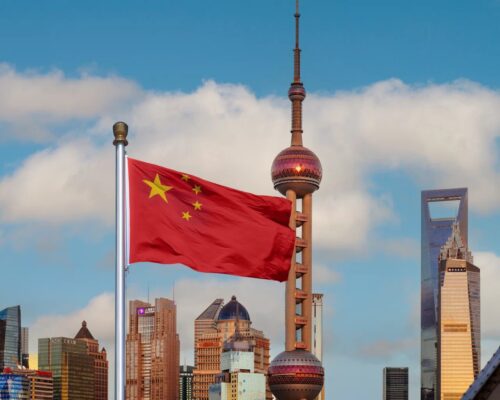
US intervention opens new chapter in Armenia-Azerbaijan peace talks, but challenges remain, says Chatham House
Geo-strategic optics dominate discussions of the White House summit between Armenia, Azerbaijan and the U.S. and its implications. Yet ultimately the de-securitization of Armenia–Azerbaijan relations will depend more on domestic political shifts away from ingrained conflict narratives, Chatham House writes.
As noted, the treaty text does not, in itself, contain many surprises. It is largely a technical document governing normalization on the basis of republican borders inherited from the Soviet Union, affirming the absence of territorial claims on each other and precluding the raising of any such claims in the future.
The treaty is also yet to be signed. But Azerbaijan’s insistence that Armenia’s constitution be revised remains. Fulfilling this precondition is mired in Armenia’s unpredictable domestic politics, and ultimately, indirect public consent to this treaty through a referendum on a new constitution in 2026. American input is more central to the second outcome, which is agreement on an approach to resolving thorny disagreements on connectivity.
Moscow has already signalled its displeasure at ‘extra-regional’ involvement. Sustained Russian hostility to the TRIPP can be expected, possibly including through pressure on Azerbaijani energy infrastructure, Armenia’s trade in the Eurasian Union and the communities of both nationalities in Russia.
With significantly fewer levers, Iran has also indicated its concern at the embedding of American presence along its border, even if the solution proposed addresses Iranian concerns to see international borders respected.
A second risk is posed by any decline of American interest over time. The initiative will be more likely to succeed if backed up first with support from Turkey, namely with progress on Ankara’s own normalization process with Armenia, and the European Union.
Yet a policy of strategic amnesia suggests many will lose out in this process: the hundreds of thousands of Armenians and Azerbaijanis who over the last four decades have lost house, home and more. They are being asked to suspend desires for justice to benefit economically from connectivity schemes that are mired in competitive geopolitics and may take time to deliver. This occlusion will fuel domestic opposition in Armenia, ensuring a struggle over pushing through the required constitutional referendum. With his popularity at an all-time low, Nikol Pashinyan’s fate is now tied to the fulfilment of the Oval Office accords and by implication the very geopolitics that his 2018 Velvet Revolution sought to avoid. His survival will also depend on Azerbaijani rhetorical shifts.


